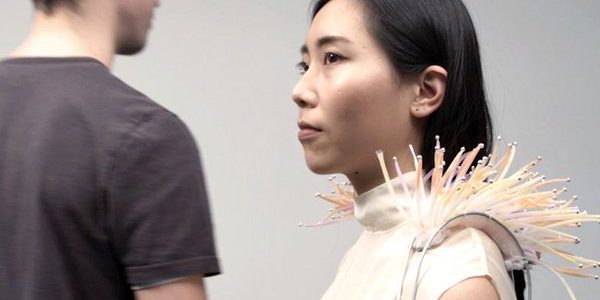Shock horror!
Amazon has patented a way of tracking hand movement to monitor their workers’ performance. Nothing Amazon do should shock; they’re a corporation fighting for dominance in a capitalist world.
Maybe they are planning on tracking movement, comparing it against the efficiency algorithms and punishing the transgressors. Wouldn’t that be a shot in the foot though? It presumes that the optimum movement has been found and precludes those clever inventive humans from improving what they do. That can’t be good for leading edge capitalism, can it?
Or maybe they’re going to use the workers movements to train the machine learning robots of the future.
Whichever it is, it sends an unpleasant tingle down my spine.
photo credit: corno.fulgur75 13e Biennale de Lyon: La Vie Moderne 2015 via photopin (license)



